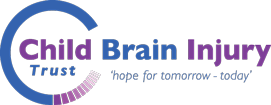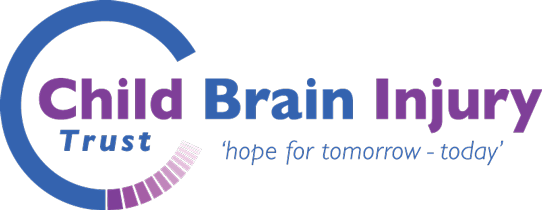
… for parents who have teenagers with an Acquired Brain Injury (ABI).
By Sarah Williams, ABI Coordinator Wales
For parents and carers whose child has an ABI, concerns around safety can include; is my child more vulnerable after an ABI? Why might my child be more vulnerable? And, what can I do to ensure my child stays safe?
When we speak about any ABI, we must first recognise that no two injuries are ever exactly the same. Depending on the area of the brain affected, age at the time of the injury, and extent and manifestation of the injury, one child’s challenges may be very different to another’s.
In spite of this, we are able to recognise some common areas of difficulty which affect young people with an ABI, and for this reason, it is possible for us to put planning and strategies in place, should your child be more vulnerable due to their injury.
Why would a child or young person be more vulnerable after an ABI?
As we know, the brain controls everything we do. This includes our thinking and judgement skills, and the skills we use when assessing things, such as risk, in any situation. Therefore, when the brain is injured, these skills may become compromised.
‘Risk’ can entail anything; – crossing a road, knowing who to (or not to) trust, or recognising any potential dangers. Risks, and exposure to these risks, tend to change as a child goes through different stages of life, with teenagers sometimes striving to become more independent in the world around them.
For families, recognising that your child may be vulnerable due to their injury can be frightening. For parents with teenagers, whose peers may suddenly be receiving more personal freedoms and independence, it can be natural for your teenager to want the same.
How is a parent to navigate the line between wanting their child to live and experience life, whilst also keeping them safe in light of their ABI?
Although daunting, by incorporating some of the below strategies into daily life, this process can actually be extremely empowering for you and your teenager, and may help manage some of the natural parental anxieties.
Can community professionals provide any guidance?
First and foremost- every child with an ABI is different. It is important for you to understand what your child is able to do safely and this needs to be carried out by a medical professional. For some children and young people who struggle with planning or memory, it may be that assessments from a neuro-psychologist or community OT may be required. These assessments aim to highlight anything which may be challenging, and then further planning can be adapted to ensure safety. This can be explored with a paediatrician or GP who can make a referral for this if necessary. Please feel free to speak to one of our coordinators for further advice around this!
Route finding or ‘walking the course’
For any planned visit that your teenager may want to do with their friends, it is important to understand how they will physically get there. Will it be bus or train? Will there be another friend with them? Are there roads to cross? Where are the zebra crossings or traffic lights? Do they experience fatigue?
Doing a ‘walk through’ the entire route with them will instil more confidence in you both and allow a sense of foresight into the challenges or any journey.
Recognising strengths and weaknesses
Are there particular things your teenager struggles with? Crowds? Loud, noisy places? Times of day? Pre-empting what may be going on in an environment can help to plan for safety during a certain activity. For example, could a weekend lunch with friends take place in a quieter café? Or at a quieter time of day? Are there any big events going on in the area you may want to be aware of, to avoid?
Setting boundaries and time frames
Setting time frames is healthy, and things such as alarms on a mobile phone can be used to help remind a teenager when they need to come home, or send a text to you. Another important point is to ensure mobile phones are fully charged before going out.
Buddy system
Using a buddy system can be really helpful in different situations. Does your child have a close friend who is sensible who your child can ‘buddy-up’ with for extra support? It may be a good idea to advise the friend of certain times you have arranged also.
Online safety
Having conversations about anything around safety may be the start of raising awareness around staying safe online. Below are just a couple of organisations who may help you know where to start with some ideas. Remember, it’s always good to talk, and talking about things can normalise talking about them, which may encourage your teenager to feel able to raise any thoughts or concerns.
https://www.breckfoundation.org/
https://www.nspcc.org.uk/keeping-children-safe/online-safety/
ABI Awareness Card
The CBIT ABI Awareness card is a handy tool for any young person to carry with them when they are out and about. When anything arises, this wallet-sized card is there to make others aware of your child’s ABI. If you do not have one yet and are interested in this, please speak to your local coordinator about the application process to obtain one.


